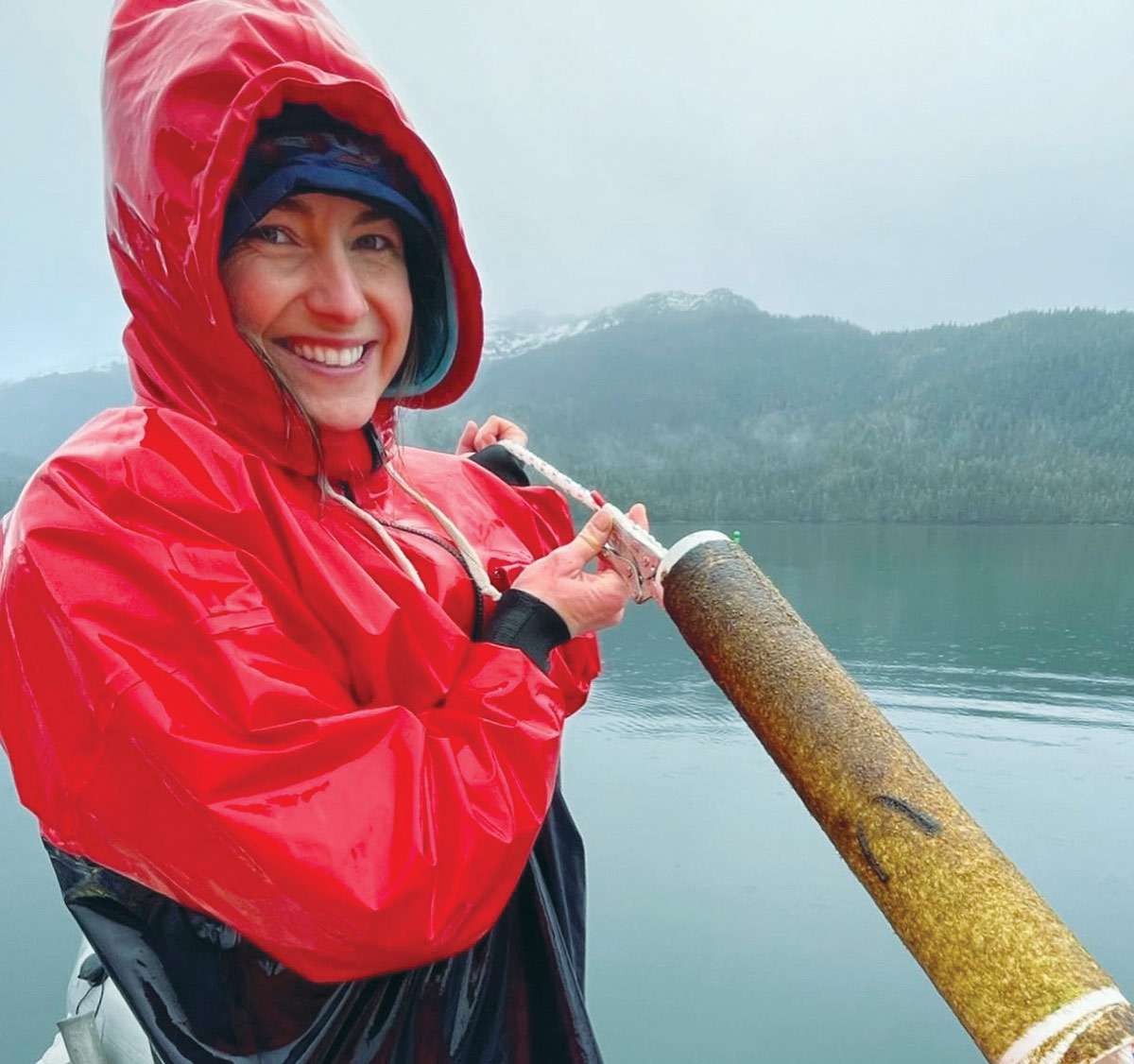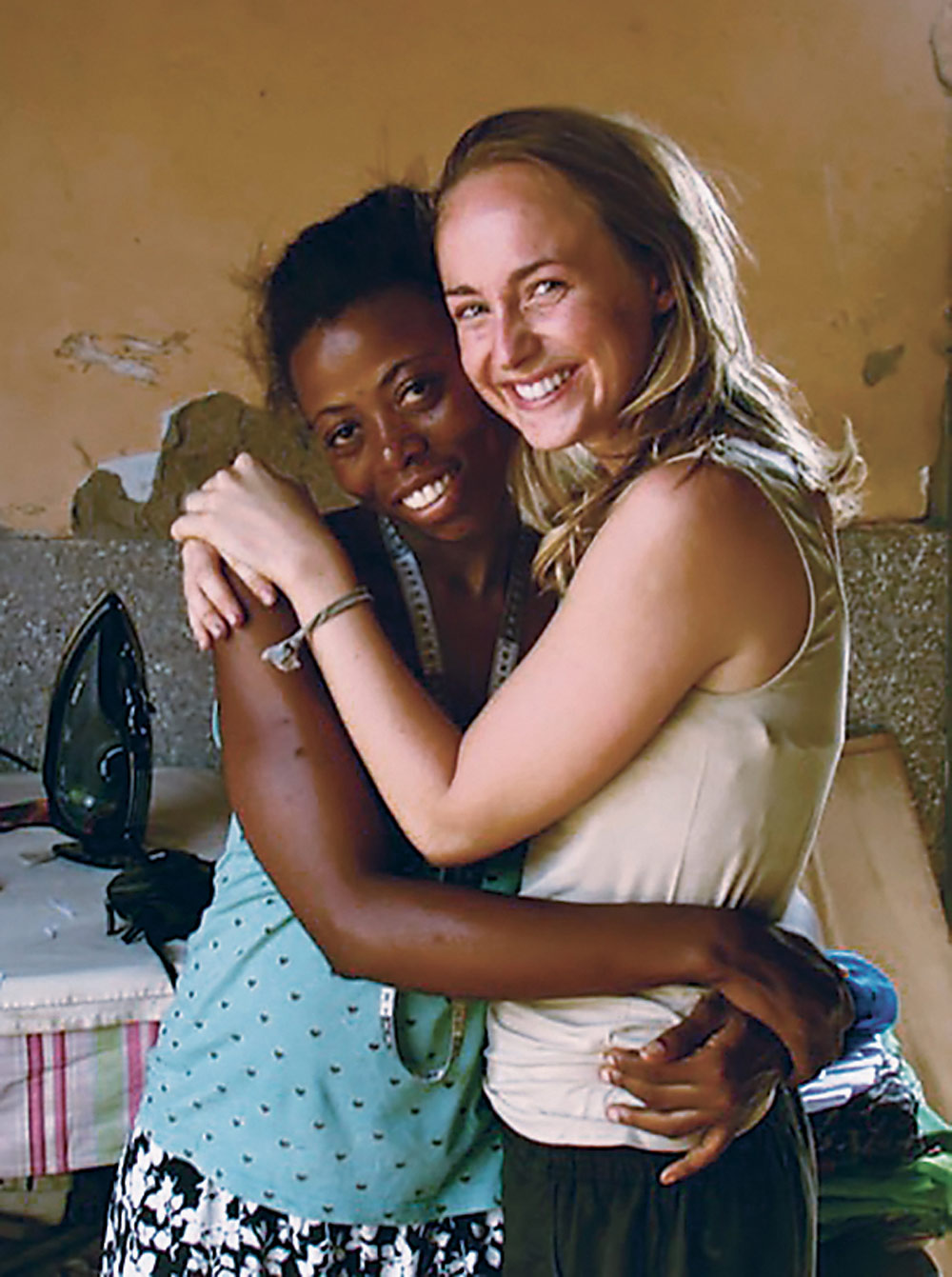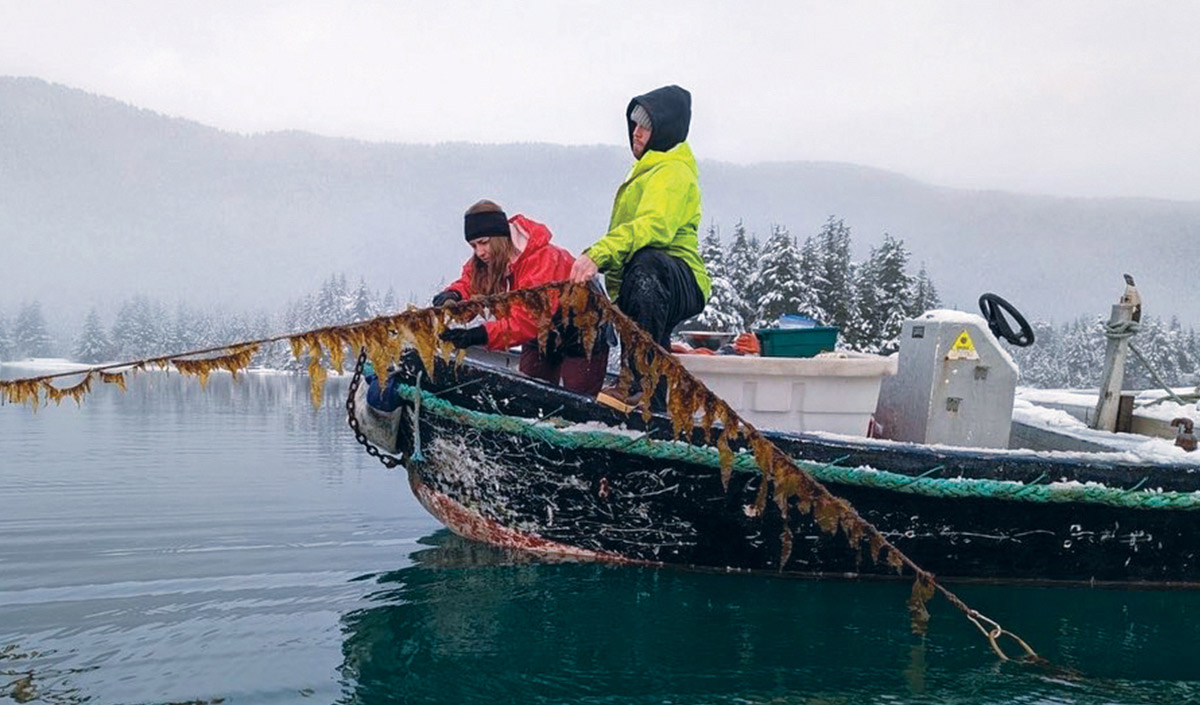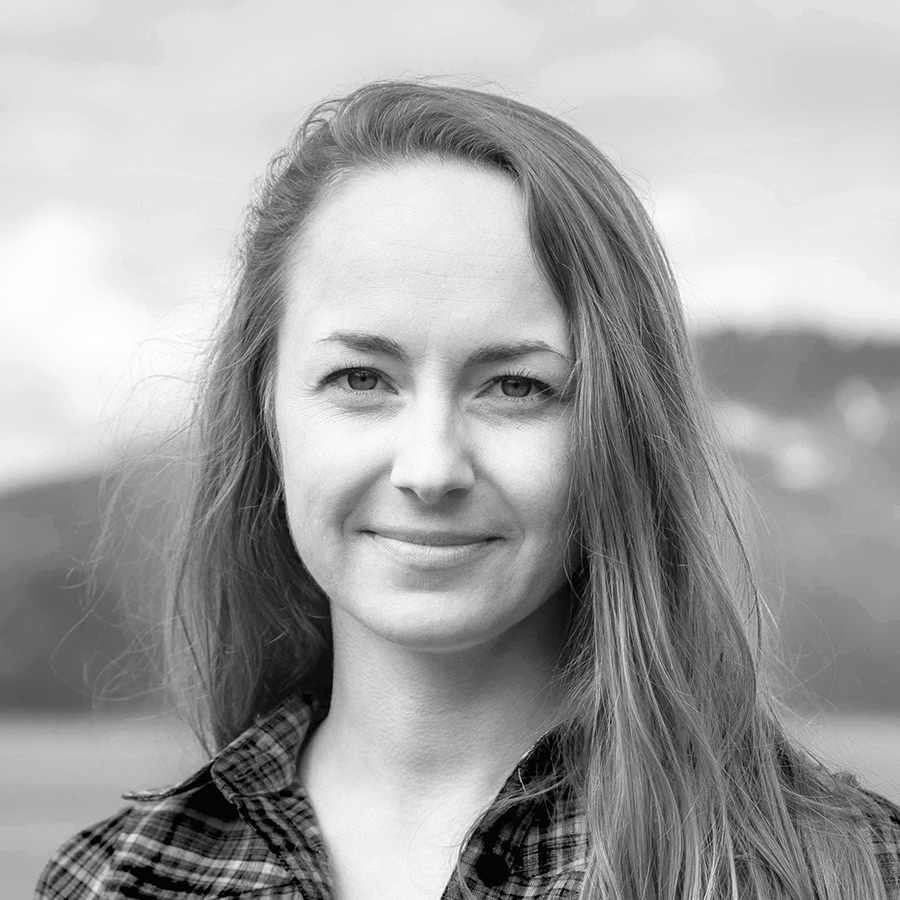
moved to Ghana, West Africa, prior to my senior year of undergrad to participate in an education abroad program. I was leaving the comfort that I knew to live in a new culture for an entire year. I traveled farther than ever before to a continent I had never seen. I didn’t know any Ghanaian people, but when I arrived I was warmly welcomed. Ghanaian students and university staff made me feel at home, and I quickly moved into a space of trust and open-mindedness, ready to absorb, adapt, and learn.
I witnessed people generously sharing and taking excellent care of each other even when they had very little in the way of material possessions. I saw neighboring shopkeepers seamlessly cooperating. When a mother had to step away to help her son, the vendor next to her would gracefully care for her shop and complete her sales without concern for competition. When the mother returned, all the money that had been earned was immediately handed over to her. Reciprocity was clearly their natural way of behaving.
An abundance of trust existed amongst the general public that I had not witnessed in the same profound way in the so-called “United” States. It was as if they were all family. For me, this was an important lesson in leadership.

Several months later, it was my first holiday season away from home. Sekyiwa invited me to celebrate Christmas with her family at their home in Accra. There, she taught me how to make one of my favorite Ghanaian dishes, waakye, a delicious mix of rice and beans. We also made sobolo, a traditional health drink made from hibiscus. Sekyiwa even took me to a nearby outdoor market and instructed me to pick out a piece of traditional fabric. Her mother then sewed me a dress, just like she does for her own daughters.
I was reminded by Ghanaians of a truth I always knew but didn’t always see expressed in the society around me. What is most important is love. The way we care for one another is the primary legacy of our lives. I felt such deep relief in my soul.
I cried hard the day I left Ghana. That year, I made some of the most authentic friendships of my life. Sekyiwa and I stayed in touch. Years later, she moved to the U.S. for grad school. I was able to reciprocate the hospitality she showed me when she came to spend the holidays with my mom and me.


In the Alaskan landscape, we find undeniable abundance, and that is reflected in the hearts of the people who live here. One of the people who exemplifies this is an Eyak elder named Dune Lankard from Eyak/Cordova. From the moment I met Dune, he acted like an uncle and took me under his wing. Dune taught me that what we have gains value when shared. He has shared so much with me, most importantly his wisdom and brilliant ideas for the future.
Dune’s knowledge and love of the sea led him to mariculture—the farming of seaweed and shellfish in the ocean. He saw how mariculture could be healing for people, the ocean, and the planet. When he invited my partner, Sean, and I to dive in, we felt it was an honor.
Most people in rural Alaska face extremely high grocery prices and a scarcity of fresh vegetables that provide needed nutrition. This is further exacerbated in the winter.
In kelp, we find a sea green that nourishes our communities with high levels of vitamins, minerals, antioxidants, fiber, and Omega-3s. It purifies the blood, strengthens the immune system, and boosts the body’s energy levels.
The best part is that it’s healing for the ocean as well. As Alaska faces an acidifying ocean, warming waters, and ocean rise, kelp offers a solution. It sequesters carbon and chemically transforms the surrounding waters, creating oxygen-rich pockets. Kelp also provides vital habitat and food for many species of marine mammals, fish, crustaceans, and sea birds. By farming kelp, we create nurseries and refugia for juvenile salmon and Pacific herring, which have yet to recover from the Exxon Valdez oil spill in 1989. Salmon smolts rely on the safety of kelp in their journeys from their natal rivers to the open ocean.
Noble Ocean Farms was born from a place of love—for the people in our lives and the ocean that sustains us. We have made it this far because our mentors lifted us up, our neighbors lent us a hand, and our families supported us. There is no success we can claim as ours alone. Our community carries our spirits when we lose strength, and our friendships motivate us to persevere in a new industry that contains a plethora of hurdles. Our hearts are in this because we want to give back and help people access all the nutrients they need to thrive and help the ocean.
This means demonstrating that everyone belongs. We must show people that they are welcome—all people, no matter how different. When someone walks through the door, we greet them excitedly. When they leave, we walk them home out of respect. (This is the norm in Ghana.)
For those of us who grew up in the West, we must retrain our brains to prioritize the well-being of the collective. We must refrain from pressuring ourselves to succeed alone. Humans have evolved to be interdependent, not individualistic. We should celebrate when we have the community relationships we need to thrive and succeed.
No one is extra in our communities; no one is replaceable. Once we recommit our responsibilities to our fellow humans, the preciousness of life is reclarified.
The quality of our relationships determines our success. How much we are able to achieve hinges on how well we are able to collaborate in the face of adversity. To transition to a more positive phase on Earth, we need calm, connected leaders who orient with their hearts. Together, we must all step up and be those leaders during these Earth-changing times.
Humans can still thrive on Earth if we collaborate, listen, care for all beings, and work in harmony with natural systems. Milestones toward a brighter future will not be accomplished by individuals acting alone or working in silos. We need teams and communities cooperating, supporting, and inspiring each other. Then we can all be change-makers.
